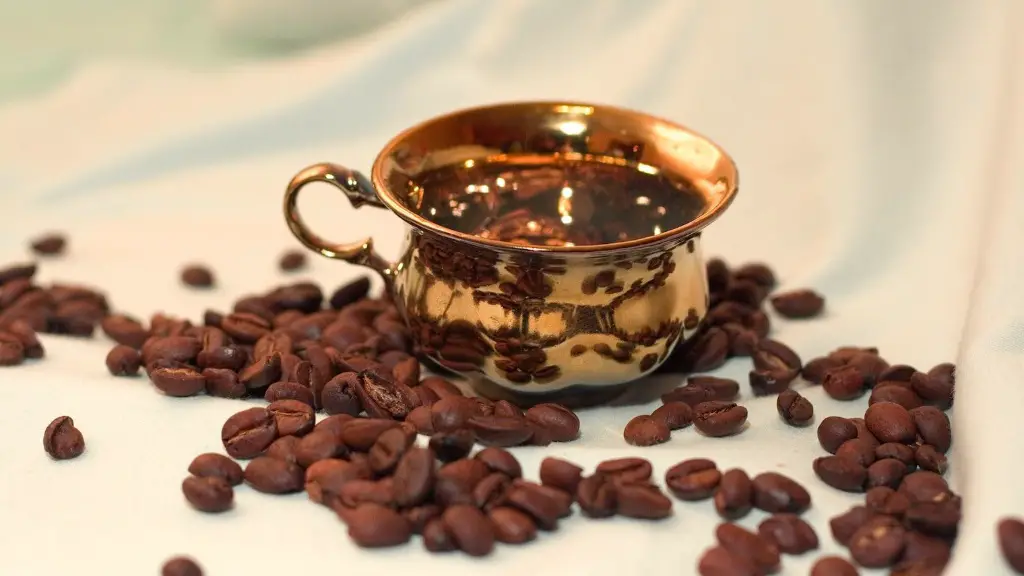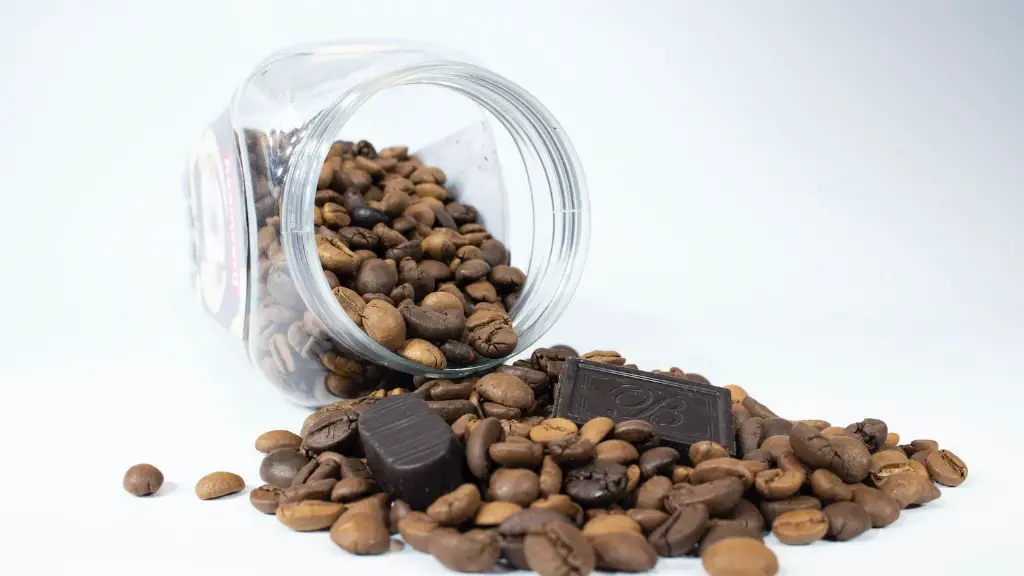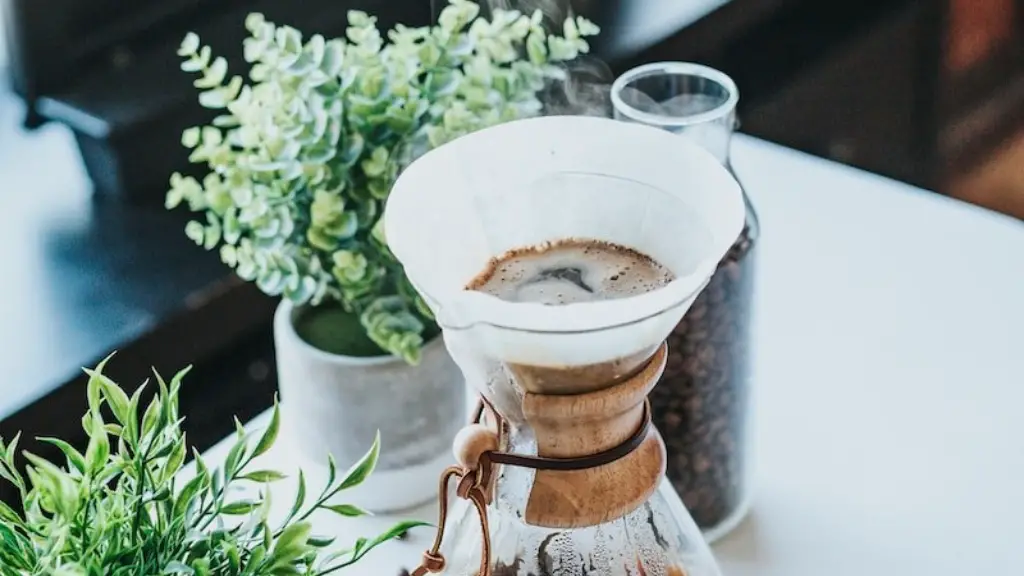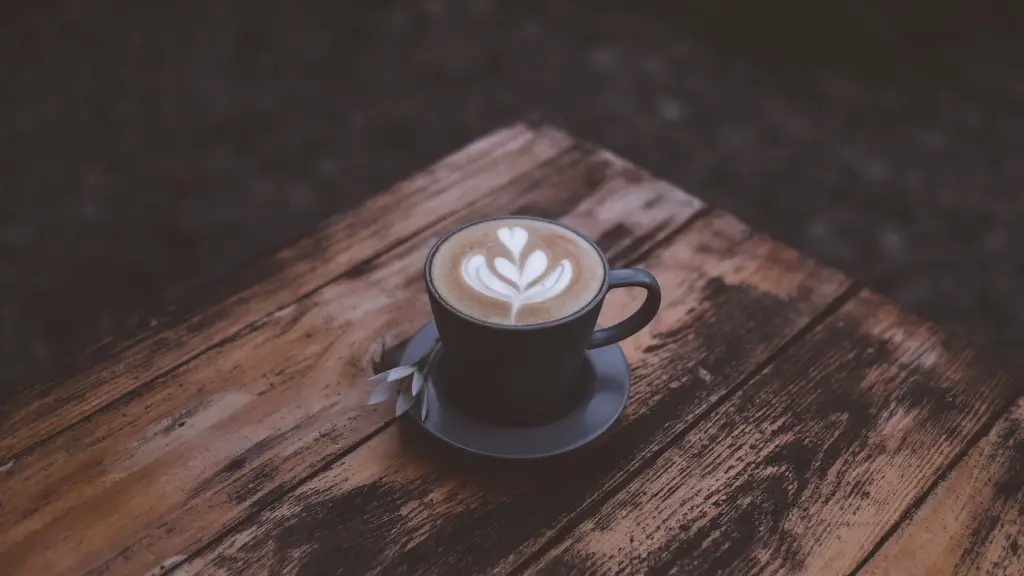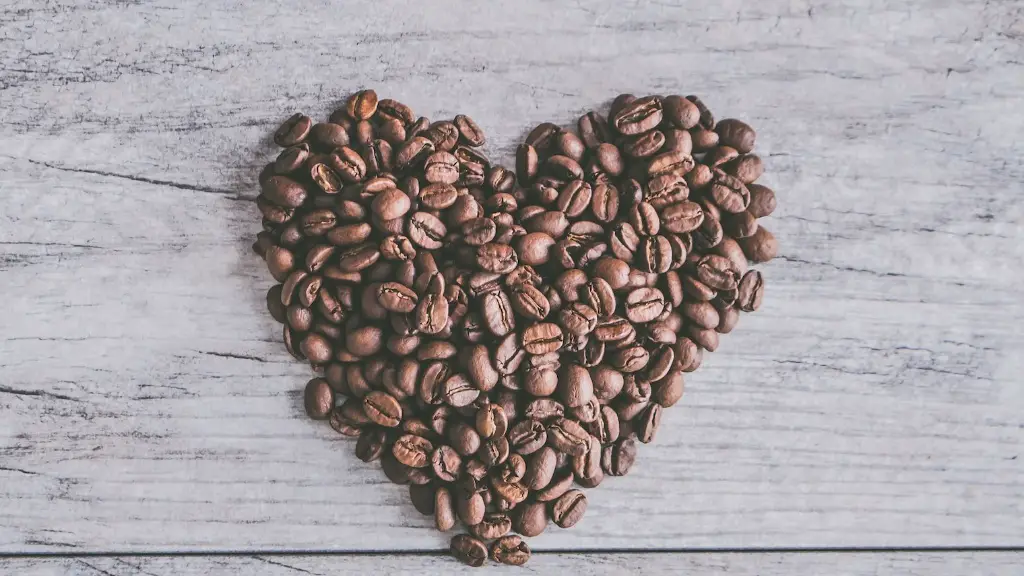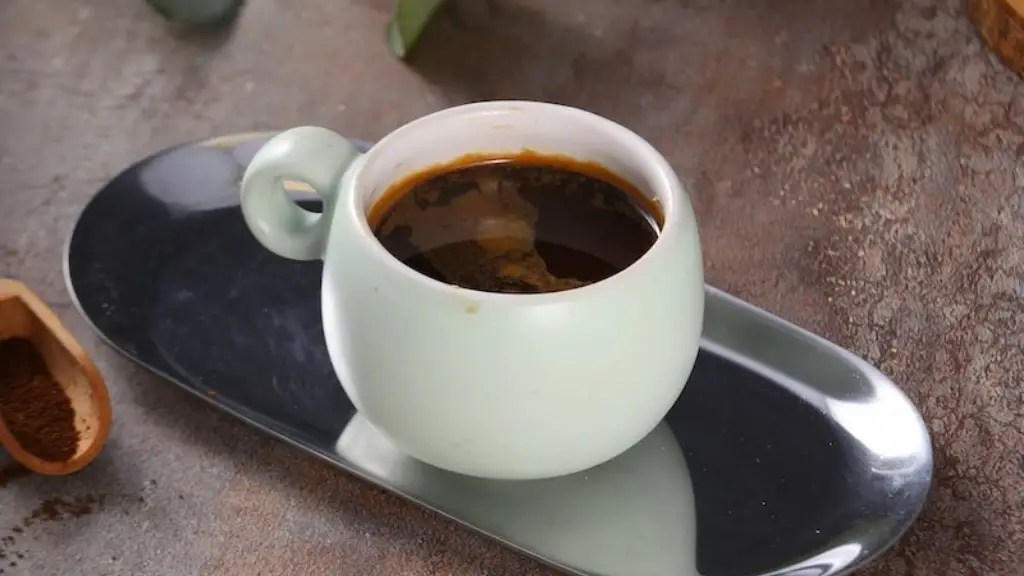Drinking coffee can be good for your health, providing essential antioxidants and other essential nutrients. But what about the effects of drinking coffee on high blood pressure? Many people with high blood pressure worry that drinking coffee will make their condition worse. Is this true?
There have been several studies that have looked at the effects of drinking coffee on high blood pressure. Some of these studies found that drinking up to three cups of coffee per day had no effect on high blood pressure, while other studies found that drinking more than three cups of coffee per day could increase high blood pressure. However, it is important to note that these studies did not explore why this increase in blood pressure occurred.
It is important to consider the role of other factors when examining how coffee affects high blood pressure. For instance, some health experts suggest that people with high blood pressure should limit their consumption of foods and drinks that are high in sugar and caffeine. It is possible that when you drink coffee, you may be consuming additional levels of sugar or other ingredients that influence your blood pressure.
Additionally, the way in which coffee is prepared can also affect its impact on your blood pressure. For instance, people who drink coffee that contains high levels of fat or calories tend to have higher blood pressure than people who drink black coffee. In addition, people who consume large amounts of coffee on an empty stomach have higher blood pressure than those who spread out their coffee consumption over the course of the day.
Overall, it seems that consuming coffee in moderation may not necessarily make your high blood pressure worse. However, it is important to be aware of the potential effects of coffee on high blood pressure before making any changes to your diet.
Caffeine And High Blood Pressure
Caffeine is one of the most commonly consumed stimulants in the world, and has been linked to an increased risk of high blood pressure. Caffeine is found in coffee, tea, chocolate, energy drinks, and many other food and beverage products. When consumed, it stimulates the central nervous system, leading to increased mental alertness and focus. At high doses, however, caffeine can have a negative impact on health, and has been linked to an increased risk of high blood pressure.
Caffeine’s effect on high blood pressure appears to be dose-dependent; that is, the higher the dose of caffeine consumed, the greater the risk of high blood pressure. In fact, some studies have found that people who consume more than 500mg of caffeine per day – the equivalent of 6-8 cups of coffee – are more likely to have elevated blood pressure than those who consume less than this amount.
It is also important to consider other factors that may be influencing high blood pressure. For instance, lifestyle factors such as poor diet, lack of physical activity, smoking, and excess alcohol consumption can all contribute to high blood pressure. Therefore, it is important to evaluate these other risk factors when considering the relationship between caffeine and high blood pressure.
Impact Of Salt On High Blood Pressure
High salt intake is one of the most common dietary factors associated with high blood pressure. When a person consumes too much salt, the body’s sodium levels become elevated, which can lead to a rise in blood pressure. Additionally, high salt intake can interfere with the body’s natural thirst regulation, leading to a greater risk of dehydration and high blood pressure.
In general, the recommendation for people with high blood pressure is to limit salt intake to no more than 6 grams (2.4g of sodium) per day. However, it is important to be mindful of other sources of sodium, such as processed foods, canned soups, and baked goods, which can significantly contribute to the overall salt intake.
Furthermore, the role of potassium in preventing and managing high blood pressure should also be considered. Potassium helps to counterbalance the adverse effects of sodium, and research has found that a higher intake of potassium is associated with lower blood pressure. While most people don’t consume enough potassium from their diet, foods such as bananas, green leafy vegetables, and potatoes are all good sources of this essential mineral.
Role Of Exercise On High Blood Pressure
Regular physical activity is an important lifestyle measure for managing high blood pressure. Exercise helps to reduce levels of stress hormones, which can lead to an increased risk of high blood pressure. Additionally, physical activity increases the amount of oxygen in the bloodstream, which in turn helps to relax the muscles surrounding the arteries, leading to a reduction in overall blood pressure.
The American Heart Association advises people with high blood pressure to perform at least 30 minutes of moderate-intensity physical activity 5 days per week. Examples of moderate-intensity activities include brisk walking, swimming, or bicycling. Additionally, some studies have found that strength training can also help reduce blood pressure, with studies demonstrating that regular resistance training can lead to a significant decrease in both systolic and diastolic blood pressure.
Role Of Sleep On High Blood Pressure
Sleep is essential for overall health and well-being, and research has found that inadequate sleep can increase the risk of high blood pressure. Studies have found that people who consistently get less than 7 hours of sleep per night tend to have higher average blood pressure than those who get a full 8 hours or more of sleep each night.
Furthermore, people who suffer from obstructive sleep apnea have an even higher risk of developing high blood pressure. This is due to the fact that the body experiences frequent pauses in breathing during sleep apnea, resulting in increased levels of stress hormones and leading to an increased risk of hypertension.
There are several simple steps that people can take to improve their sleep quality. Firstly, having a consistent sleep schedule and trying to get to bed at the same time each night can help regulate the body’s circadian rhythm. Additionally, reducing the consumption of caffeine, especially in the evenings, can help to ensure that you get a good night’s sleep. Lastly, eliminating any blue-light emitting devices such as phones, tablets, and TV’s at least an hour before bed can help to create a more comfortable sleep environment.
Effects Of Stress On High Blood Pressure
Stress is a normal reaction to the pressures of everyday life, and it is often unavoidable. However, when stress is prolonged or occurs frequently, it can have negative impacts on physical and mental health, including an increased risk of high blood pressure.
Studies have found that people who experience frequent and prolonged stress are at a higher risk of developing both systolic and diastolic hypertension. It is believed that when a person is experiencing stress, it can lead to an increase in “fight-or-flight” hormones, resulting in an increase in heart rate and blood pressure.
It is possible to reduce stress levels in order to lower the risk of high blood pressure. Yoga and meditation can help to relax the body and calm the mind. Additionally, enriching activities such as reading, listening to music, and spending time in nature can help reduce stress and protect against high blood pressure.
Impact Of Alcohol On High Blood Pressure
Alcohol is one of the most commonly consumed substances in the world, and for people with high blood pressure, moderate alcohol consumption can help to control blood pressure. Studies have found that moderate alcohol intake – up to 2 drinks per day for men and 1 drink per day for women – can help to relax the blood vessels and reduce blood pressure.
However, when consumed in excess, alcohol can have serious adverse effects on health. Excessive drinking can lead to dehydration, which in turn can result in an increase in blood pressure. Additionally, alcohol can lead to an increase in stress hormones, further contributing to an increased risk of high blood pressure.
Therefore, for people with high blood pressure, it is important to be mindful of their alcohol intake. The American Heart Association recommends that people with high blood pressure should limit their alcohol intake to 1 drink per day for women, and 2 drinks per day for men. Additionally, always drink water alongside alcoholic beverages in order to stay hydrated and prevent an increase in blood pressure.
